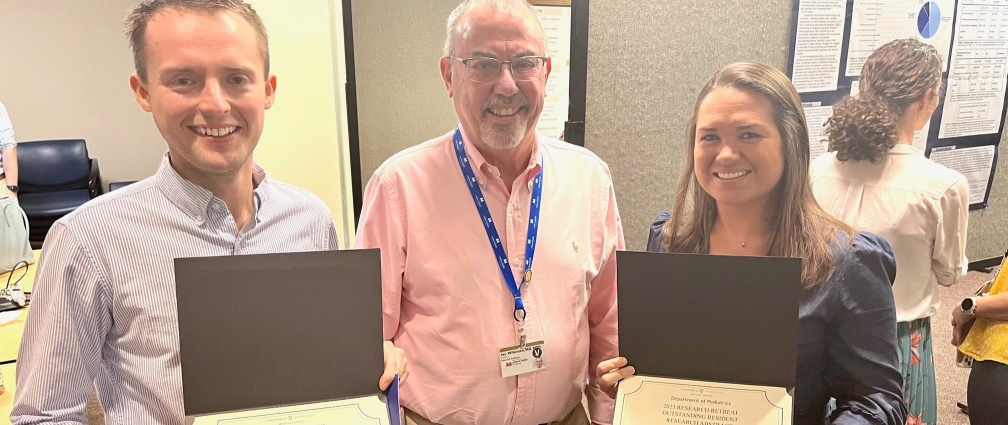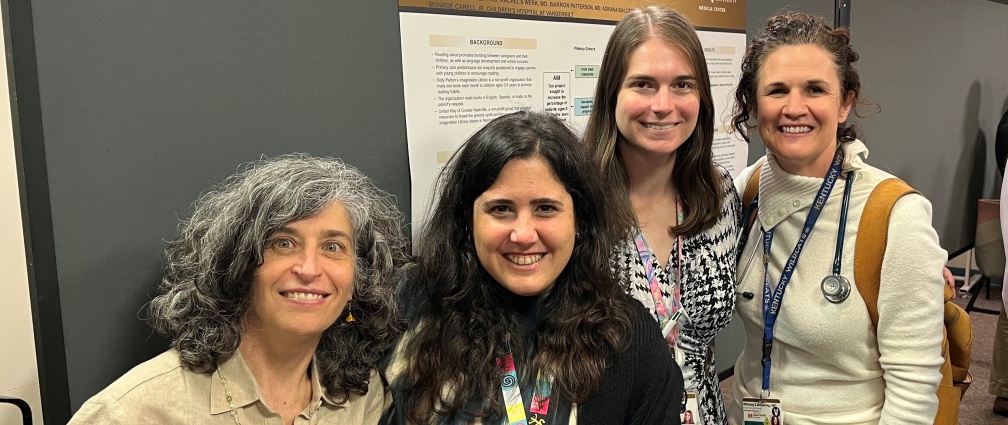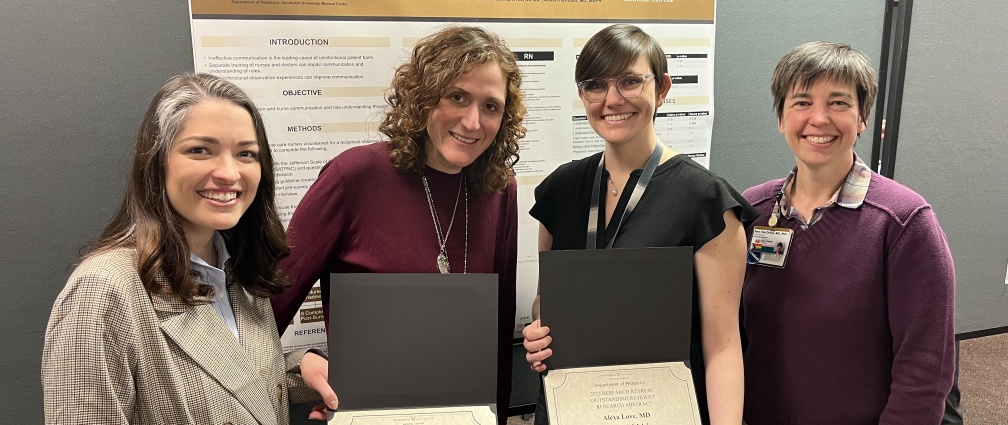
The Vanderbilt Pediatric Physician-Scientist Training Program (PPSTP) is designed to rapidly advance your training and career as both a pediatrician and scientist in any of our nationally-ranked specialty programs and learn from leading senior investigators. The Vanderbilt PPSTP capitalizes on our outstanding community of fellows, residents, and early career researchers to create a shared experience of academic development.
Through the stages of the PPSTP, you will develop your career vision and design a pathway that accelerates your career. Our vision is to provide you with continuity in your early career development to enable you to undertake ambitious, impactful research.
Residency and Fellowship Training
Residents and fellows in the PPSTP are supported through the Physician-Scientist Academic Community. This community meets regularly to guide residents and fellows as they select mentors, develop research proposals, and move toward independent careers.
Residency training is tailored to each individual with trainees completing categorical residency or enrolling in the ABP-supported Integrated Research Pathway (IRP) or Accelerated Research Pathway (ARP). Residents who would benefit from extended research training to launch their careers may also participate in our NIH-funded R38 program.
Fellow-to-Faculty Transition
Vanderbilt has many resources to facilitate the fellow-to-faculty transition. A highlight is the department’s many institutional training grant awards, including the flagship K12 Mentored Research Scholars Program. These programs provide additional research and mentoring support at this critical career stage.
Early Faculty Development
Mentoring interactions remain an integral part of Early Career Development in the Department of Pediatrics and Vanderbilt University Medical Center. Within the Department of Pediatrics, the Hazinski Society is an innovative peer-mentoring network. Physician-scientist faculty can come together with like-minded peers to celebrate successes and navigate challenges in establishing their independent scientific careers.
The Office of Faculty Development and institutional initiatives, like Edge for Scholars, provide further resources that support development across the early career.


